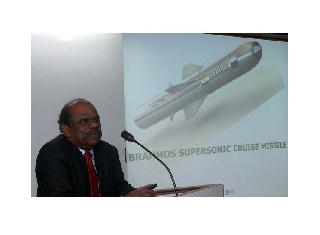
Dr. A S Pillai, CEO & MD of BrahMos Aerospace addressing a gathering. A file photo
COIMBATORE (PTI): BrahMos Aerospace, an Indo-Russia joint venture and manufacturer of the supersonic cruise missile, is awaiting decision from the Indian Navy to induct its submarine version, a top official has said.
BrahMos (Aerospace) has successfully test fired the underwater version of the missile in March last and "Indian Navy has to take a decision in this regard (induction)," Dr. A Sivathanu Pillai, CEO & MD of the JV Company told reporters in Coimbatore on Feb 21.
Dr. Pillai, who was in the city to address the heads of various departments and students of the Tamil Nadu Agricultural University, said the missile was also recently test-fired in salvo mode from a naval warship.
"This successful test firing validated that eight BRAHMOS cruise missiles could be fired on salvo mode in the future at different targets," he said.
Boosting the Navy's firepower, the 290km-range BRAHMOS was successfully fired from the Navy's guided missile frigate INS Trikand in salvo mode in the Arabian Sea recently.
On export of the cruise missiles, Dr. Pillai said, "So far no decision has been taken for exports, since the requirement in Indian defence forces is very huge."
DRDO was continuously working to keep Indian soldiers healthy and energetic and trying to find food from ordinary things available in the nature. It has developed an anti-oxidant juice from sea buck thorn, which is being marketed across the country, the renowned scientist said.
To promote research in biotechnology and nano-technology, DRDO has already set up a Centre for Life Sciences in Bharathiar University at Coimbatore and provided Rs 18 crore for the phase one project.
Another Rs seven crore was recently sanctioned for the phase-two out of Rs 22 crore, and the University will work with the Agricultural University in the field of bio and nano-technology for the benefit of farmers, he added.
In his address to students, Dr. Pillai said with shortage of water in India, researchers, scientists and farmers have to depend totally on technology to get higher yield and production and to achieve food security.
Dwelling on expert systems for agriculture, like space technology, solar and nuclear technologies, he said India has become a food surplus nation now by producing 262.7 million tonnes of foodgrains at the end of Green Revolution, and the second Green Revolution has set a target of 400 million tonnes by 2020.
 Previous Article
Previous Article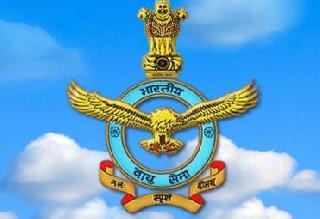 Next Article
Next Article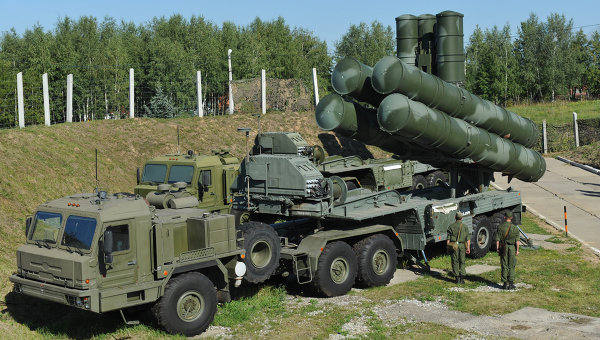
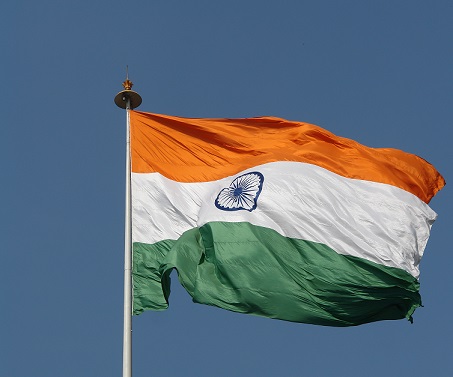
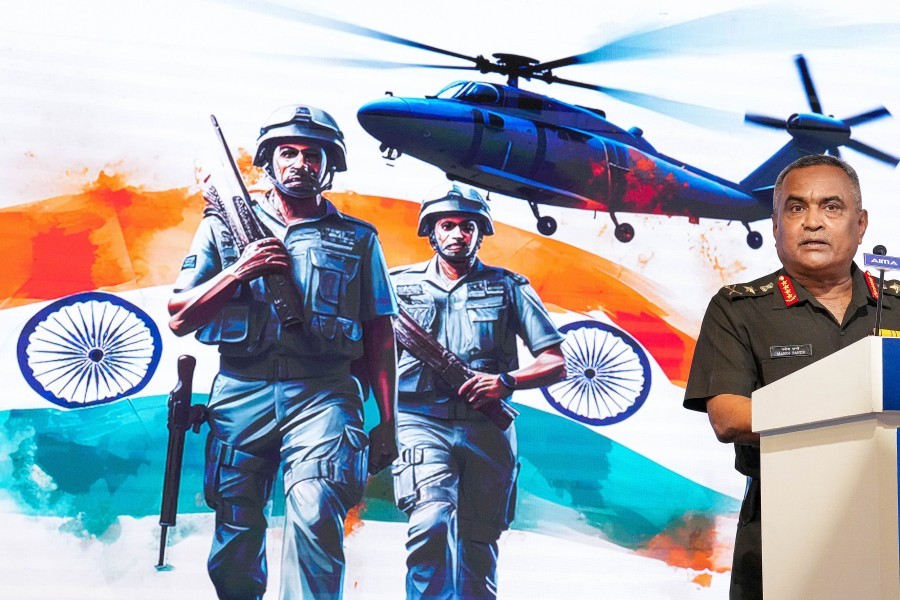
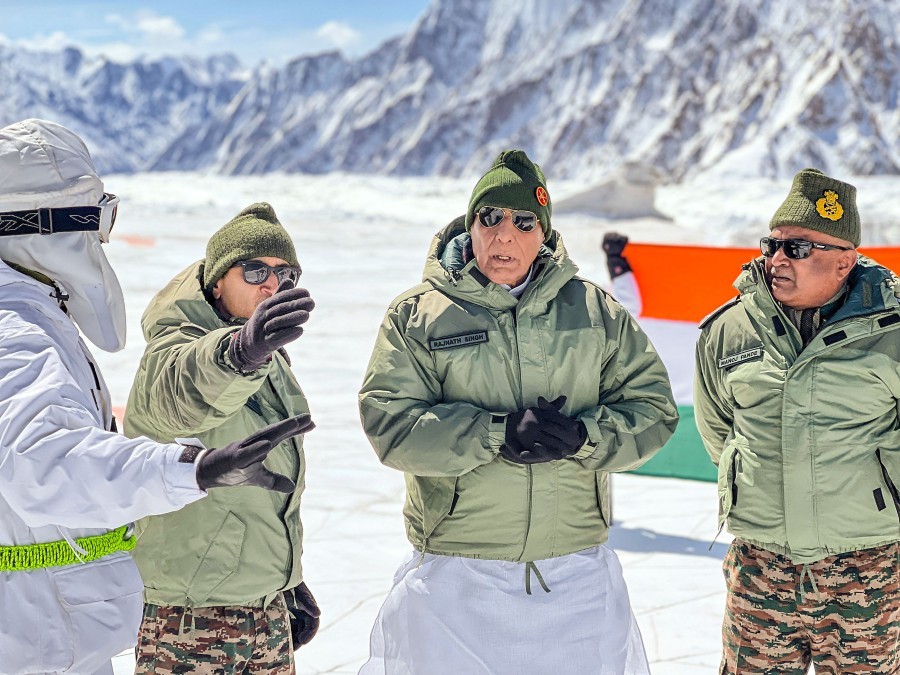

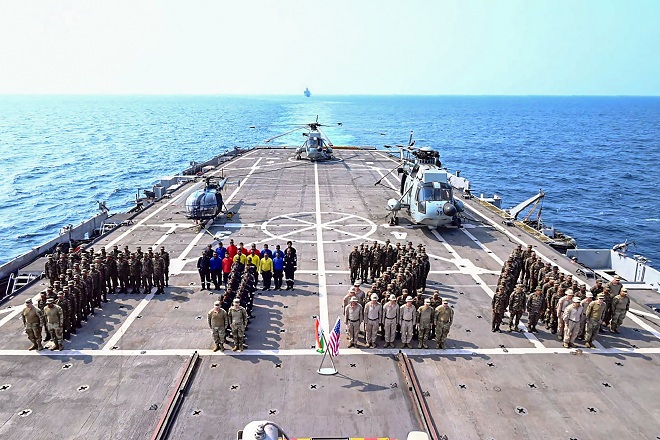
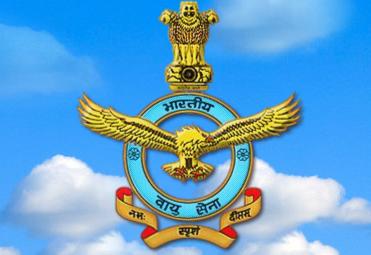
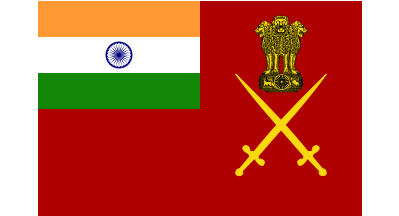
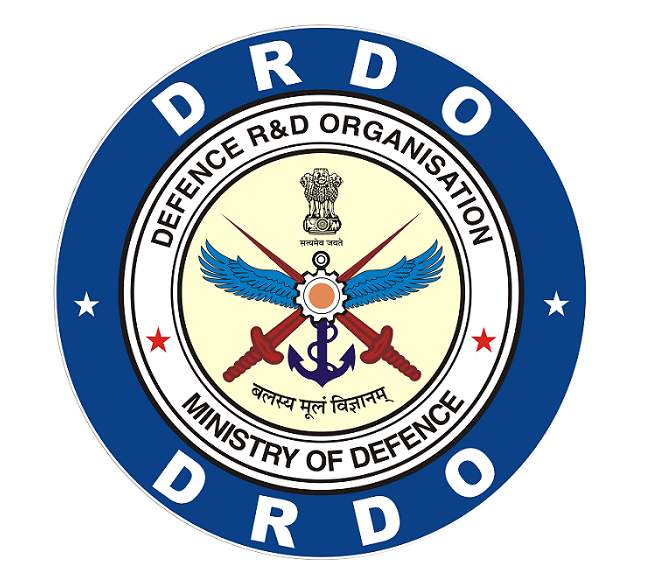





The Indian Air Force, in its flight trials evaluation report submitted before the Defence Ministry l..
view articleAn insight into the Medium Multi-Role Combat Aircraft competition...
view articleSky enthusiasts can now spot the International Space Station (ISS) commanded by Indian-American astr..
view article